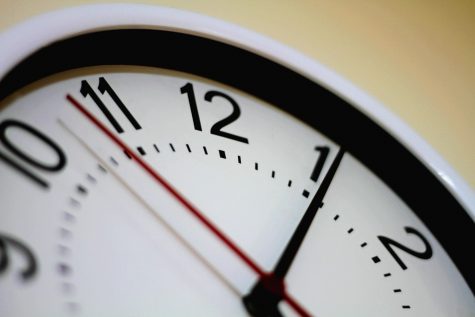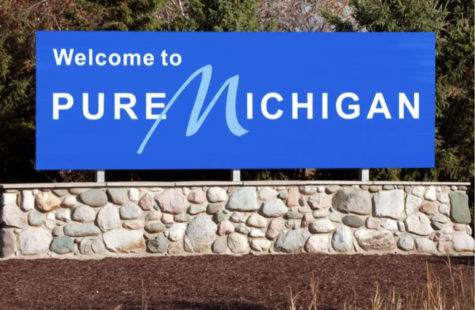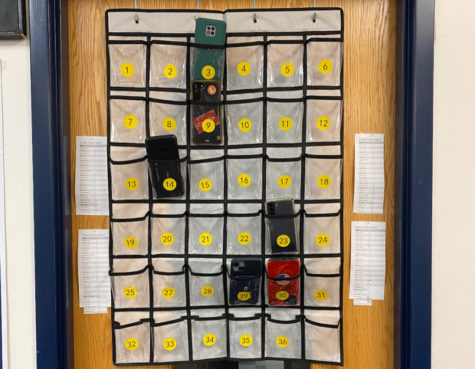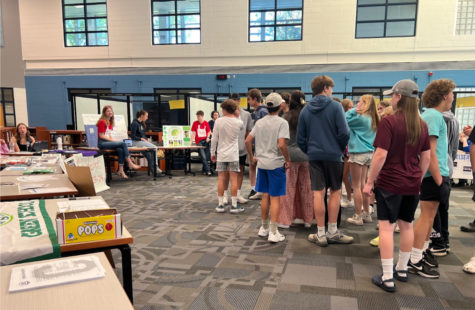Social Media: The Silent Killer
There is no doubt that there has been a shift in society ever since Social Media began its reign on this generation. Social media is portrayed as a fun, positive outlet, but this is only true to a certain extent. Not only has it begun consuming our daily lives, but it has also allowed mental illness to run rampant within our youth. Wherever you go at least one teen or young adult can be found addictively clicking, swiping, and scrolling their mental health away. With each purposely perfect post comes the comparison of bodies, lifestyles, and social lives. This results in a false reality full of what the internet tells people is the norm. Anxiety, depression, and eating disorders can be the outcome of this skewed reality.
As social media’s popularity grows, so does its negative impact on mental health. Most people cannot go longer than an hour without checking their phone. It has become an addiction fueled by anxiety. People are scared they will miss a text and be perceived as rude. They are scared they will miss a post and become out of touch. They are scared they will miss an invite and be doomed with the label “uncool.” With the intention of preventing these scenarios, these anxieties have developed into full-blown addictions for people. Not only is this obviously damaging our youths’ current mental health, but it is creating a lifetime full of potential problems. The creation of anxious and addictive tendencies now could carry-on into adulthood. The consequences of this addiction can be much worse than just high screen time or a grounding. It could very easily lead to a life full of hardships.
The instilled fear and anxiety from social media has a dark, sad friend. With the anxious side of social media comes the depressive side as well. Not only are users anxious about what they may not see, but they can also become depressed from what they do see. People tend to showcase all the exciting things that happen in their lives on social media. Chances are these highlights differ from your personal life. Whether it be someone you know personally doing something you weren’t invited to or a celebrity that you’re comparing your lifestyle to, these highlights have a way of making users depressed. Your mind begins to spin wondering why your life doesn’t look like this. You begin to feel less than and like an outcast. This society has placed worth in the action of fitting in, so imagine what a constant sense of incompetence must feel like when checking your feed. It is a recipe for disaster.
The desire to fit in only grows as cookie-cutter lifestyles and images are thrown in faces through social media feeds. Everyone wants to put forth the best picture possible even if it means the picture is not entirely real. The use of filters and photoshop has become way more prevalent in order to fit into the societal standard of perfection. A standard that can not even be genuinely met since it relies on unnaturalities. Yet it still gets the most likes, tricking young people into believing it is the correct measure of worth. How can a young person look at a photo with many likes and not develop a complex if they look different? Therefore the believable lie that you are only worthy if you look like the photo is created. People end up going to extreme lengths in order to please this lie. Starvation, unhealthy diets, bulimia, and so many other forms of eating, body, and nutrition disorders are a result. These disorders do not just come and go as they please either. They are life-threatening hardships that are very difficult to overcome. The desire and idea of this false societal perfection gets the best of people. It is the biggest lie that this generation can’t help but believe.
As social media continues to brag about its fun, positive atmosphere that brings people together, let’s not forget all the skeletons in its closet as well. Social media preys on people’s desire to fit in and creates a false reality for users. This can very negatively affect one’s mental health and can lead to addictive tendencies, anxiety, depression, eating disorders, and many other life-threatening diseases. Social media may seem like a must, but in reality, it’s only tricking us and leaving us with a skewed perspective of normal.











Mr. Swager • Dec 8, 2020 at 8:12 PM
Excellent article Lily! When reducing your reliance on social media, a big part of the solution is to replace that time with something healthy and productive. Get involved in athletics, music, church, community service, outdoors.
I hope readers will take your words to heart!